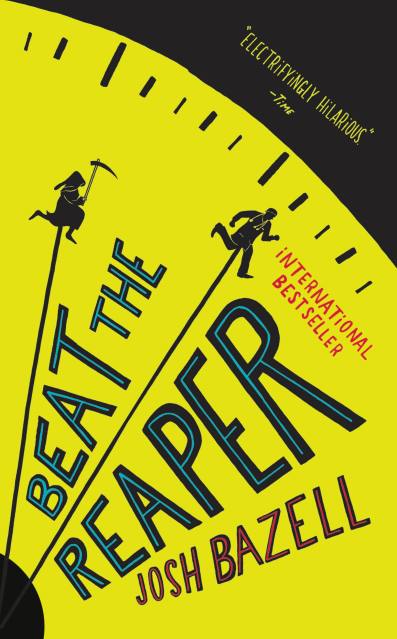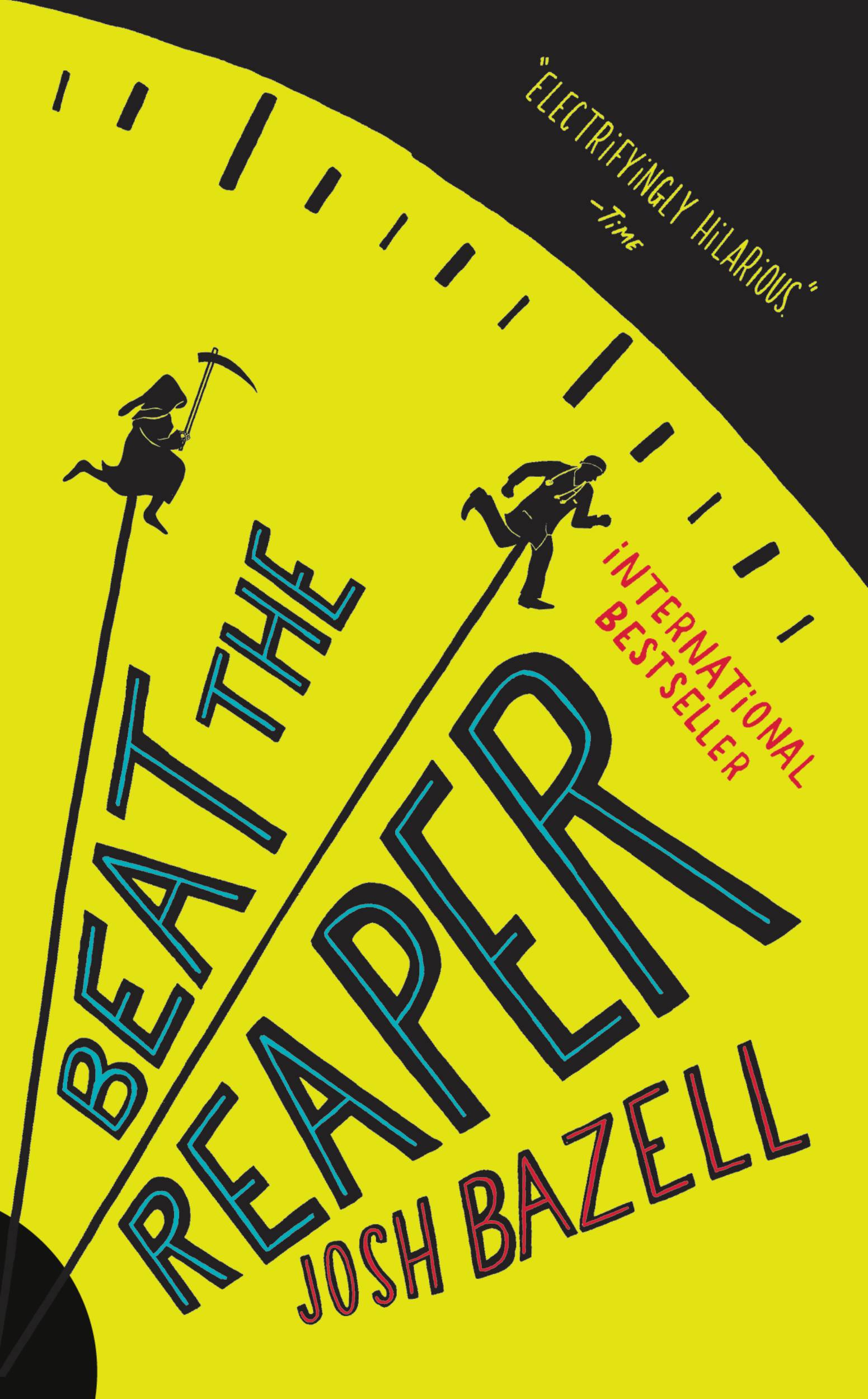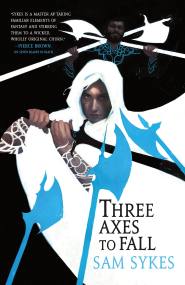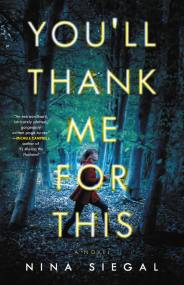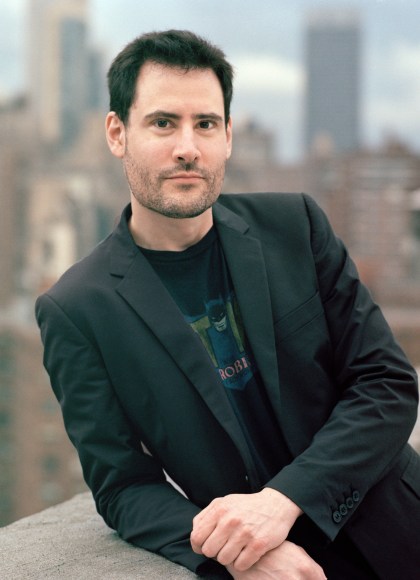By clicking “Accept,” you agree to the use of cookies and similar technologies on your device as set forth in our Cookie Policy and our Privacy Policy. Please note that certain cookies are essential for this website to function properly and do not require user consent to be deployed.
Beat the Reaper
A Novel
Contributors
By Josh Bazell
Formats and Prices
- On Sale
- Jan 7, 2009
- Page Count
- 336 pages
- Publisher
- Little, Brown and Company
- ISBN-13
- 9780316040303
Price
$9.99Price
$12.99 CADFormat
Format:
This item is a preorder. Your payment method will be charged immediately, and the product is expected to ship on or around January 7, 2009. This date is subject to change due to shipping delays beyond our control.
Buy from Other Retailers:
Dr. Peter Brown is an intern at Manhattan’s worst hospital, with a talent for medicine, a shift from hell, and a past he’d prefer to keep hidden. Whether it’s a blocked circumflex artery or a plan to land a massive malpractice suit, he knows what evil lurks in the hearts of men.
Pietro “Bearclaw” Brnwna is a hitman for the mob, with a genius for violence, a well-earned fear of sharks, and an overly close relationship with the Federal Witness Relocation Program. More likely to leave a trail of dead gangsters than a molecule of evidence, he’s the last person you want to see in your hospital room.
Nicholas LoBrutto, aka Eddy Squillante, is Dr. Brown’s new patient, with three months to live and a very strange idea: that Peter Brown and Pietro Brnwa might-just might-be the same person . . .
Now, with the mob, the government, and death itself descending on the hospital, Peter has to buy time and do whatever it takes to keep his patients, himself, and his last shot at redemption alive. To get through the next eight hours-and somehow beat the reaper.
Spattered in adrenaline-fueled action and bone-saw-sharp dialogue, Beat the Reaper is a debut thriller so utterly original you won’t be able to guess what happens next, and so shockingly entertaining you won’t be able to put it down.
Pietro “Bearclaw” Brnwna is a hitman for the mob, with a genius for violence, a well-earned fear of sharks, and an overly close relationship with the Federal Witness Relocation Program. More likely to leave a trail of dead gangsters than a molecule of evidence, he’s the last person you want to see in your hospital room.
Nicholas LoBrutto, aka Eddy Squillante, is Dr. Brown’s new patient, with three months to live and a very strange idea: that Peter Brown and Pietro Brnwa might-just might-be the same person . . .
Now, with the mob, the government, and death itself descending on the hospital, Peter has to buy time and do whatever it takes to keep his patients, himself, and his last shot at redemption alive. To get through the next eight hours-and somehow beat the reaper.
Spattered in adrenaline-fueled action and bone-saw-sharp dialogue, Beat the Reaper is a debut thriller so utterly original you won’t be able to guess what happens next, and so shockingly entertaining you won’t be able to put it down.
Genre:
Newsletter Signup
By clicking ‘Sign Up,’ I acknowledge that I have read and agree to Hachette Book Group’s Privacy Policy and Terms of Use
